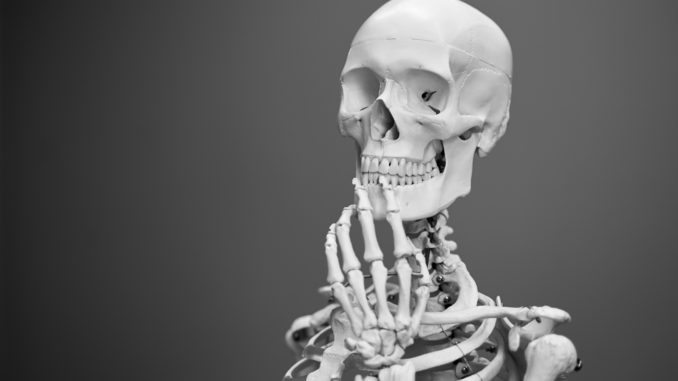
Arthritis is a condition that’s more commonly associated with older people, but NHS England figures show that about 15,000 children and young people in the UK have developed some form of the condition. The pain and discomfort of arthritis can have a negative impact on young people but, with a correct diagnosis and support, they can enjoy full lives
One in six people in the UK experiences some form of inflammation and pain in a joint. The most common forms, osteoarthritis and rheumatoid arthritis, are closely related to age, appearing most commonly in those aged over 40. In younger people, the most prevalent form is known as juvenile idiopathic arthritis (JIA). The condition causes pain and inflammation in one or more joints for at least six weeks, but can last for years.
The reality of life with arthritis as a young person is tough, as this video shows:
Harriet’s story
Diagnosing arthritis in young people can be a challenge, as Emily Hearle found when seeking to understand why her two-year old daughter was experiencing pain and discomfort. She shared her story in the Metro newspaper.
“Harriet was just two when she was diagnosed with JIA. It was a battle to even get the diagnosis – we were told arthritis was so far down the list of possibilities for her symptoms that we shouldn’t give it another thought. Treatments helped at first, but a few months later Harriet’s condition flared up aggressively and we struggled to control it. She cried in pain at pre-school, she couldn’t take part in activities that other children could and saw so many different doctors that she became distrusting of leaving the house.
“At its worst, I remember asking Harriet’s physiotherapist if there was anything I could do myself to help improve her mobility. The answer involved numbing her foot in iced water and then manipulating it to get the joints moving again – not easy for a three-year-old in excruciating pain.
“At this time, I also had a new-born and it was hard balancing everyone’s needs. I realised it was up to us to fight this condition. Since then, I’ve become an advocate for living a positive life with JIA and I want to support other parents in similar situations. The severe lack of recognition and awareness of arthritis, especially in younger people and children, means that many families struggle to get a diagnosis and are not aware of the support that is available to them.”
Thankfully, Emily is now a happy and active young girl who is living life to the full. “I like to tell people that there is hope – with timely diagnosis and treatment it’s possible to live a full and active life with JIA,” Emily adds.
Road to recovery
Treatment of children with JIA involves medication, physiotherapy, occupational therapy, podiatry and psychological support, says the Children’s Chronic Arthritis Association (CCAA). As a condition with no known cure, treatments aim to reduce pain and disease activity, maintain joint movement and improve muscle strength. Ultimately, the aim is to ensure freedom of movement for the child.
In many cases the symptoms of JIA will improve as children get older, enabling them to live full and active lives. The condition can have an impact on parents, many of whom will never have considered that their child could develop a condition like arthritis. To help parents with children who have arthritis, Emily created JIA Matters, an online support group and network for parents with children who have arthritis. The website, and an associated Facebook group, include details of local families and groups who have children with arthritis.
Useful resources:
- You can find information on support around JIA in young people at the Versus Arthritis.
- You can find information on living with JIA at the CCAA website.
- Visit the JIA Matters website for details of local support groups and parents with children who have JIA.
Don’t forget to follow us on Twitter, or connect with us on LinkedIn!

Be the first to comment